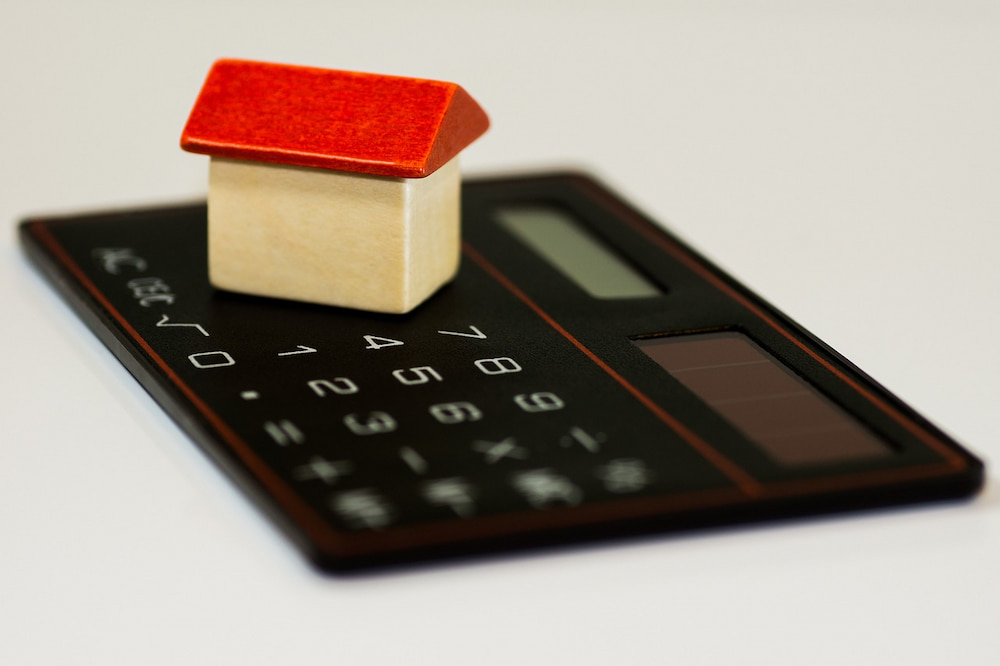In an ideal world, obtaining a mortgage would be a straightforward process. You find your dream home, secure a loan, and begin your journey towards homeownership.
For many individuals, however, this is not typically the case, particularly those with a credit rating that falls short of excellence; the reality can be quite different.
The good news is that having a bad credit file doesn’t necessarily mean you can’t get a mortgage. With the right approach and guidance, it is still possible to achieve your homeownership goals.
In this blog post, JG Mortgage Services Limited will guide you through the steps you can take to secure a mortgage with bad credit, empowering you to navigate the process with confidence.
Understanding Your Credit Score
Before diving into the mortgage application process, it is important to understand where you stand in terms of your credit score.
Your credit score is a numerical representation of your creditworthiness, based on factors such as your payment history, outstanding debts, length of credit history, and types of credit accounts.
In the UK, credit scores typically range from 0 to 999, with higher scores indicating better creditworthiness.
If you have bad credit, meaning a score below around 620 in the UK, be sure to identify the factors contributing to your low score. This could include missed payments, high credit card balances, or defaults on previous loans. If you understand these factors, you can take the right steps to improve your creditworthiness over time.
Improving Your Credit Score
If you need to improve your credit score, the good news is that this can be done. While improving your credit score won’t happen overnight, there are several steps you can take to gradually enhance your financial standing.
1 – Review Your Credit Report
Obtain a copy of your credit report from one of the major credit reference agencies in the UK, such as CheckMyFile, Experian, Equifax, or TransUnion. Carefully review the report for any inaccuracies or discrepancies that could be negatively impacting your score. If you identify any errors, dispute them with the credit agency to have them corrected.
2 – Pay Your Bills on Time
Your payment history is a significant factor in determining your credit score. Make sure to pay all your bills, including credit card payments, loans, and utilities, on time each month. Setting up automatic payments or reminders can help ensure you never miss a due date.
3 – Reduce Your Debt
High levels of outstanding debt can weigh down your credit score. Focus on paying down existing debts, starting with those with the highest interest rates. Consider creating a budget to track your expenses and identify areas where you can cut back to allocate more funds towards debt repayment.
4 – Limit New Credit Applications
Each time you apply for new credit, whether it is a credit card or loan, the lender will perform a hard inquiry on your credit report, which can temporarily lower your score.
Minimise the number of new credit applications you submit, especially while you are actively working to improve your credit.
5 – Diversify Your Credit Mix
Having a diverse mix of credit accounts, such as credit cards, loans, and a mortgage, can positively impact your credit score.
If you don’t already have a variety of credit types, consider responsibly opening new accounts to demonstrate your ability to manage different types of credit.
Exploring Mortgage Options
Once you’ve taken steps to improve your credit score, it is time to explore your mortgage options. While traditional lenders may be hesitant to approve borrowers with bad credit, there are alternative lenders and mortgage products designed specifically for individuals in your situation. Here are some options to consider.
Specialist Bad Credit Mortgages
Some lenders specialise in providing mortgages to borrowers with bad credit. These lenders may be more flexible in their eligibility criteria and may offer higher interest rates or require larger down payments to offset the perceived risk and to prove that you can handle the mortgage payments.
Government Schemes
In the UK, several government-backed schemes aim to help individuals with low credit scores access homeownership. For example, the Help to Buy Equity Loan scheme assists first-time buyers, while the Shared Ownership scheme allows buyers to purchase a share of a property and pay rent on the remaining portion.
Family Assistance
If you have family members willing to help, they may be able to provide financial assistance to strengthen your mortgage application. This could involve acting as a guarantor on the loan or providing a gift or loan to increase your deposit.
Improving Your Deposit
A larger deposit can help mitigate the risk for lenders and improve your chances of approval. Consider saving aggressively or exploring ways to increase your deposit, such as using government schemes or receiving financial gifts from family members.
Preparing Your Mortgage Application
Once you have identified the right mortgage option for your needs, it is time to prepare your application. Here are some steps to help you in presenting yourself in the best possible light.
Gather Financial Documents
Lenders will require various financial documents to assess your eligibility for a mortgage, including bank statements, pay stubs, tax returns, and proof of employment. Gather these documents ahead of time to streamline the application process.
Be Honest and Transparent
When completing your mortgage application, be honest and transparent about your financial situation, including any past credit issues. Lying or omitting information could result in your application being denied or your mortgage being revoked in the future.
Seek Professional Advice
Working with a mortgage broker or financial advisor who specialises in bad credit mortgages can be invaluable. They can help you navigate the application process, identify suitable lenders, and negotiate on your behalf to secure the best possible terms.
JG Mortgage Services Limited Can Assist You
Securing a mortgage with bad credit may present additional challenges, but it’s certainly not impossible. By understanding your credit score, taking steps to improve it, exploring alternative mortgage options, and preparing a strong application, you can increase your chances of success.
Remember, patience and persistence are key, and with the right guidance and determination, you can achieve your goal of homeownership, even with bad credit.
At JG Mortgage Services Limited, we specialise in assisting individuals with challenging credit situations and offering assistance across a wide spectrum of mortgage solutions.
Our expert mortgage brokerage team is dedicated to guiding you through the process, offering personalised advice and support every step of the way. Whether you are seeking a specialist bad credit mortgage, exploring government schemes, or considering family assistance, we have lots of contacts from specialist mortgage lenders for your situation and to help you explore your options and secure the best possible outcome.
In addition to assisting individuals with challenging credit situations, we also provide expertise in various other mortgage areas. Whether you need help with refinancing, first-time homebuyer programs, or mortgage renewals, our team is here to provide personalised guidance and support tailored to your needs.
Do not let bad credit stand in the way of your homeownership dreams. Reach out to us at JG Mortgage Services Limited today and let us assist you in finding the right mortgage solution for your needs.





